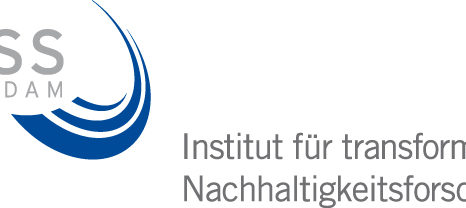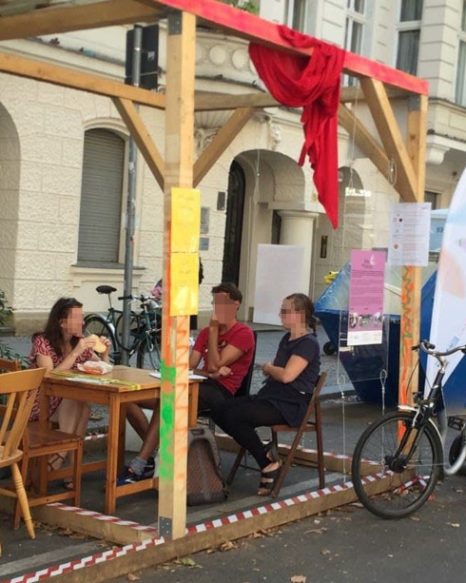Interdisziplinäres Forschungskolloquium zur sozial-ökologischen Transformation der Mobilität im Sommersemester 2022
Termin: dienstags (14-tägig), 15:00 bis 16:00 Uhr, Online-Veranstaltung
Im August 2021 wurde ein Teil der Barbarossastraße in Berlin Schöneberg komplett autofrei. Konkret bedeutet das, dass es in diesem Zeitraum keinen motorisierten Verkehr im Bereich zwischen der Goltzstraße und der Kyffhäuser Straße gab und die Straße somit zum Zufußgehen, Radfahren, Spielen und zum Aufenthalt genutzt werden konnte. Das DLR Institut für Verkehrsforschung hat die Sommerstraße Barbarossa wissenschaftlich begleitet und vor sowie nach dem Projekt in Kooperation mit dem Projekt Kiezerfahren eine Haushaltsbefragung durchgeführt. Insgesamt wurden 1700 Haushalte in den angrenzenden Wohnblöcken gebeten, schriftlich oder online an den Befragungen teilzunehmen. Insgesamt haben 193 Personen an der Befragung teilgenommen (eine Rücklaufquote von 11 %).
Interdisziplinäres Forschungskolloquium zur sozial-ökologischen Transformation der Mobilität im Sommersemester 2022
Termin: dienstags (14-tägig), 15:00 bis 16:00 Uhr, Online-Veranstaltung
Im interdisziplinären Forschungskolloquium werden Forschungsarbeiten aus dem Bereich der sozialwissenschaftlichen Mobilitätsforschung vorgestellt und gemeinsam konstruktiv-kritisch diskutiert. Bei laufenden Forschungsarbeiten liegt der Schwerpunkt auf Fragen der geplanten theoretischen und methodischen Herangehensweise,...
The government wants to relieve the burden on citizens with a 9-euro monthly ticket for buses and trains. However, free public transport would be easier to implement and more affordable.
A commentary from the perspective of sustainability research on the dispute over the expansion of Berlin's A100 motorway by Sophia Becker in the "Studio 9 Interview" on Deutschlandfunk Kultur.
Should public transport be free of charge? Experience shows: Just because the bus costs nothing, far from all people stop using their cars.
Drivers have been annoyed by high fuel prices for weeks. The German government wants to take countermeasures. But it also wants to make "good old" public transport more attractive through price incentives. Is that enough to keep Germany mobile?
"The already rising fuel prices in Germany have quickly climbed to unimagined heights since the war in Ukraine began. Many complain about the effects, others see opportunities for the traffic transition. (...)"
The attack on Ukraine makes rapid energy savings necessary. In their position paper, Sophia Becker and Ortwin Renn from the IASS focus on energy consumption. With the right incentives, consumption can be reduced without creating problematic social burdens.



